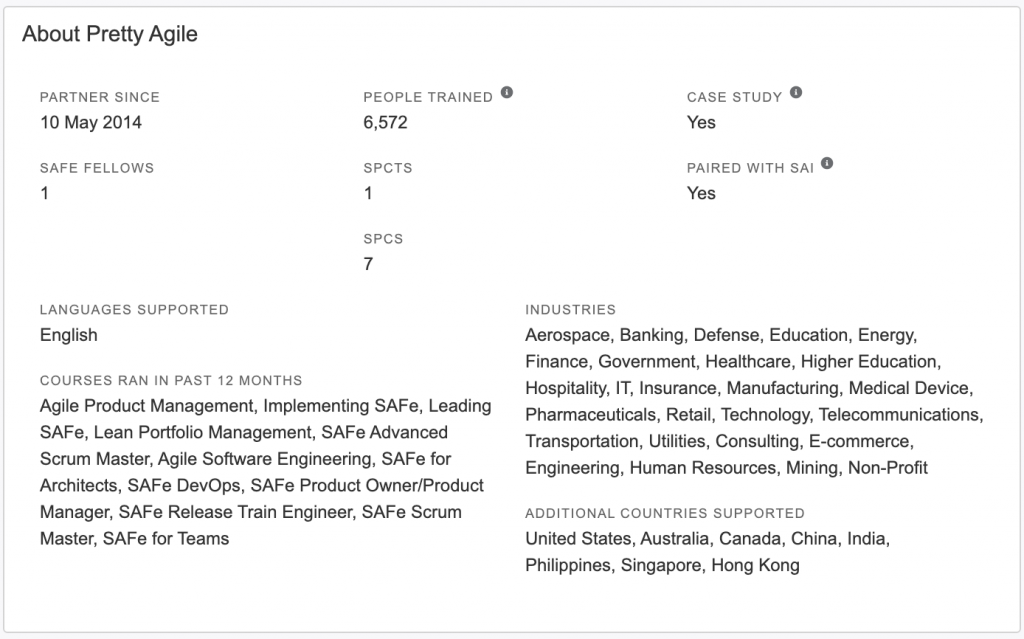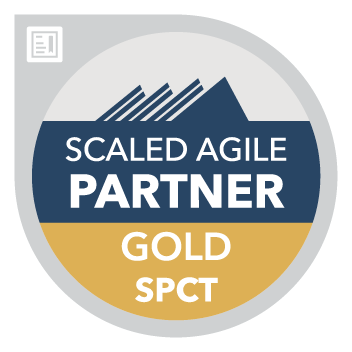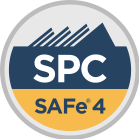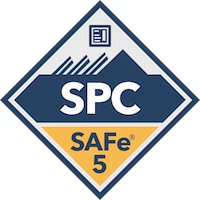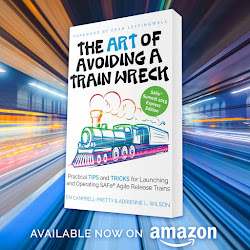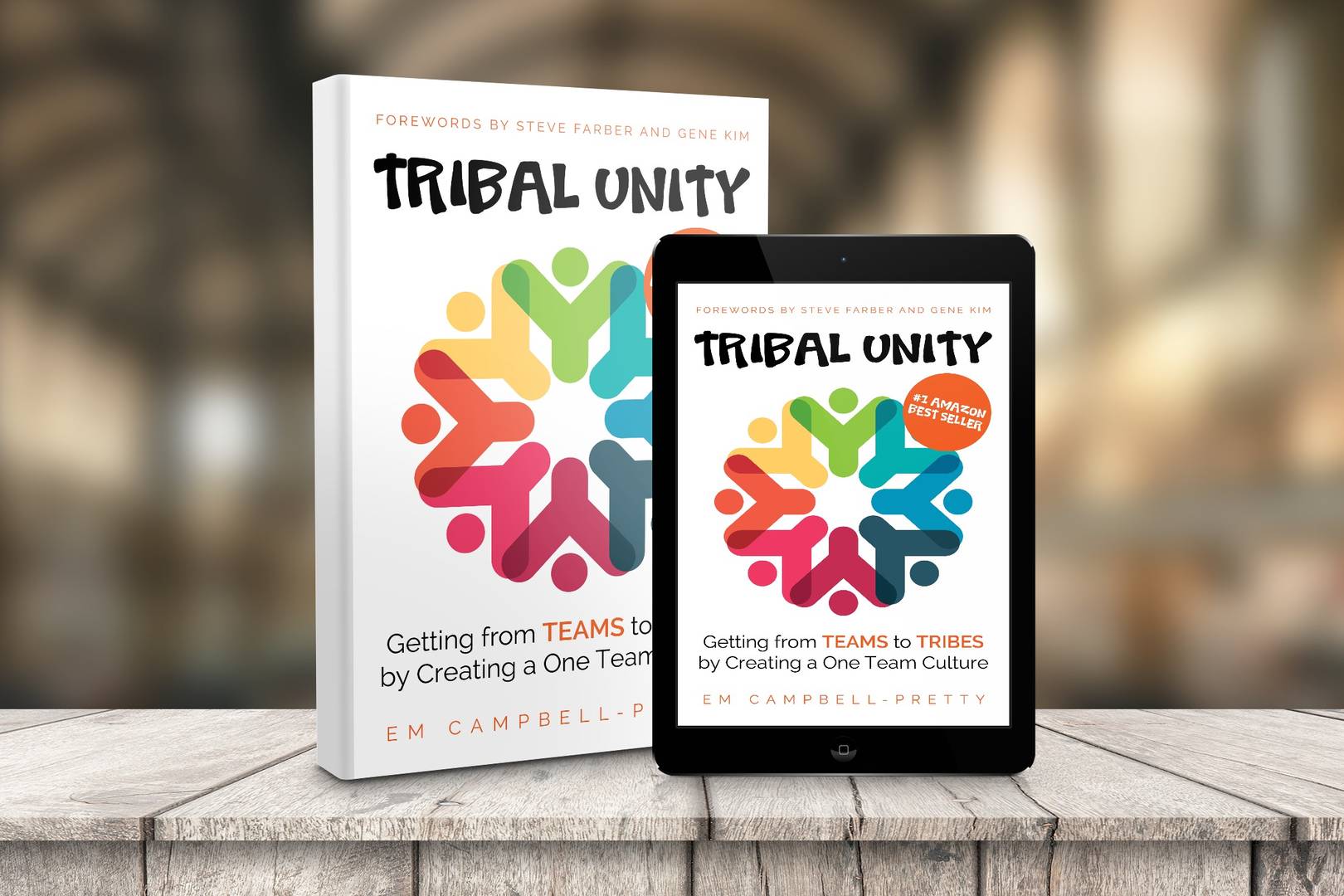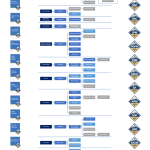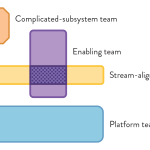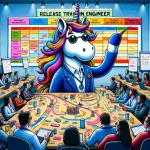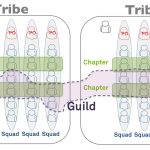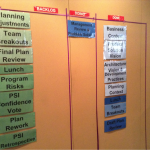
- SAFe Training
- Choose a Course
- Public Training Schedule
- SAFe Certifications
- Implementing SAFe 6.0
- Leading SAFe 6.0
- SAFe 6.0 Lean Portfolio Management
- SAFe 6.0 Release Train Engineer
- SAFe 6.0 Agile Product Management
- SAFe 6.0 for Architects
- SAFe 6.0 Scrum Master
- SAFe 6.0 DevOps
- SAFe 6.0 Product Owner/Product Manager
- SAFe 6.0 for Teams
- SAFe 5.1 Advanced Scrum Master
- Agile Marketing with SAFe
- SAFe 5 for Government
- SAFe 5 Agile Software Engineering
- SAFe Micro-credentials
- Leading in the Digital Age
- Agile HR Training
- SAFe Implementation Services
- Our Books
- Blog
- Customer Stories
- About Pretty Agile
- Resources
